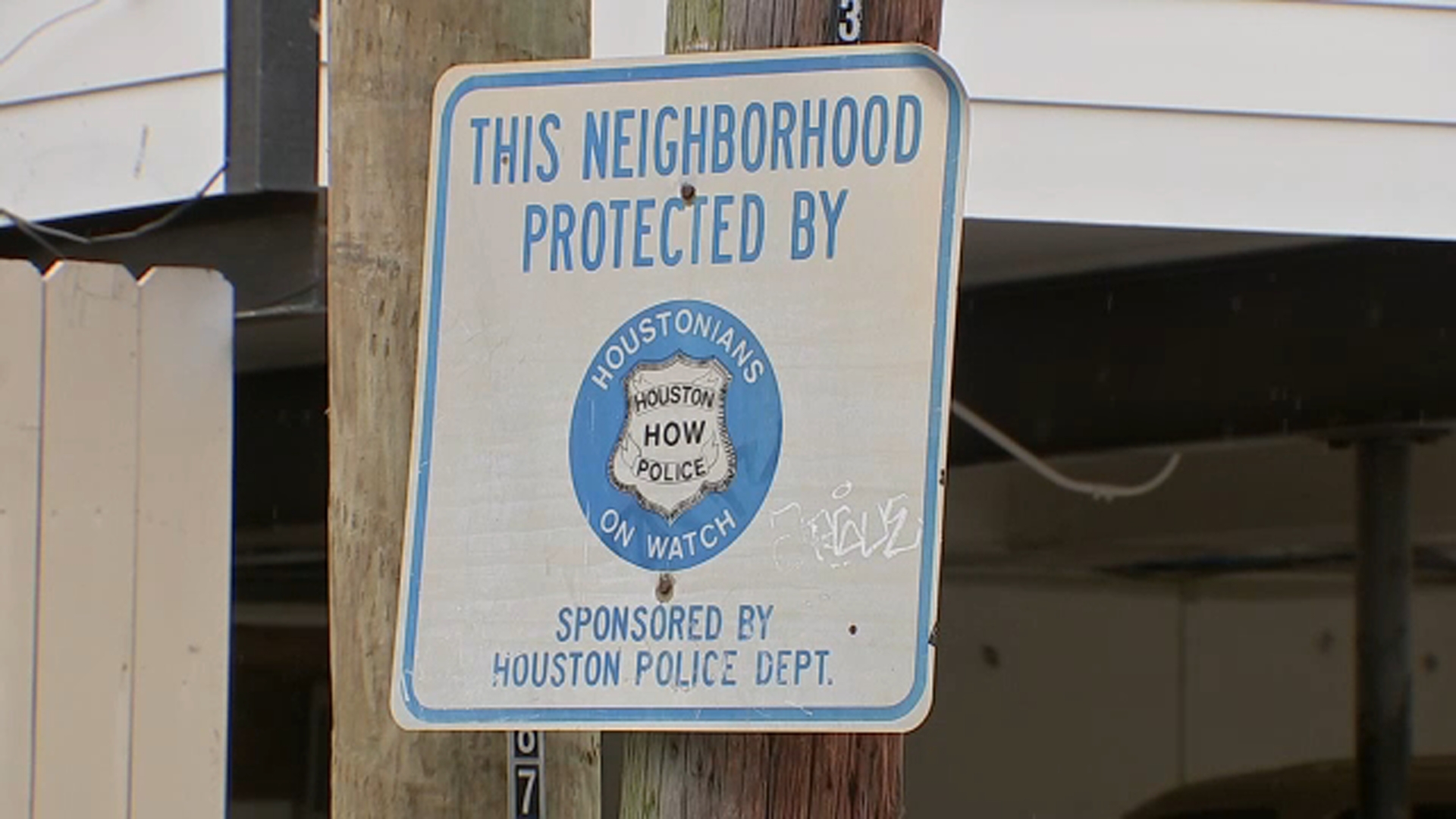Trump signs executive order ending birthright citizenship, other immigration actions
Among executive orders signed by President Donald Trump at the Oval Office on Inauguration Day is one ending birthright citizenship.
The executive order is a "flagrantly illegal" attempt to redefine a right "enshrined in the very fabric of our country," argued a lawsuit filed overnight in Massachusetts federal court.
The lawsuit -- brought by an undocumented expectant mother who is due in March and two nonprofit groups -- is expected to be one of the many legal challenges to the executive order that seeks to reinterpret the 14th Amendment's guarantee of citizenship to nearly every person born in the United States.
"This unprecedented attempt to strip citizenship from millions of Americans with the stroke of a pen is flagrantly illegal. The President does not have the power to decide who becomes a citizen at birth," the lawsuit said.
The plaintiffs argued that birthright citizenship is not only guaranteed in the 14th Amendment but has also been consistently codified into federal law; stripping away that right would be "overwhelming and devastating," the lawsuit argued.
"Those victimized in this way by the EO would be shorn of their national identity, stigmatized in the eyes of those who should be their fellow citizens, and forced to live with the shame, uncertainty, and fear that comes with potential banishment from their native country. Many would be rendered immediately stateless," the lawsuit said.
The lawsuit asked for the Massachusetts District Court to declare the executive order unconstitutional and issue an injunction preventing the enforcement of Trump's directive.
MORE: Trump plans executive actions on economy, immigration, eliminating federal DEI
Late Monday night, the American Civil Liberties Union (ACLU) also filed a lawsuit challenging the executive order.
"Denying citizenship to U.S.-born children is not only unconstitutional - it's also a reckless and ruthless repudiation of American values," said ACLU Executive Director Anthony D. Romero in a statement. "Birthright citizenship is part of what makes the United States the strong and dynamic nation that it is. This order seeks to repeat one of the gravest errors in American history, by creating a permanent subclass of people born in the U.S. who are denied full rights as Americans. We will not let this attack on newborns and future generations of Americans go unchallenged. The Trump administration's overreach is so egregious that we are confident we will ultimately prevail,"
In the filing, the groups said, "For families across America today, birthright citizenship represents the promise that their children can achieve their full potential as Americans. It means children born here can dream of becoming doctors, lawyers, teachers, entrepreneurs, or even president-dreams that would be foreclosed if their citizenship were stripped away based on their parents' status."
On a call with reporters Monday morning, incoming White House officials previewed a series of executive orders and other actions the new Trump administration planned to take relating to the border and immigration.
"We will protect the American people against invasion," one of the incoming officials said. "This is about national security. This is about public safety. And this is about the victims of some of the most violent, abusive criminals we've seen enter our country in our lifetime. And it ends today."
Among the executive actions outlined, the incoming officials said Trump would declare a national emergency at the border and clarify the military's role in "protecting the territorial integrity of the United States."
The orders would reinstate the "Remain in Mexico" policy, end the practice of "Catch and Release," and complete the building of the wall at the southern border, officials said.
They would designate drug cartels as foreign terrorist organizations, end the ability for migrants caught between ports of entry to claim asylum, and suspend the resettlement of refugees for at least four months, they said.
Officials also said Trump would order "enhance vetting and screening" of migrants and direct agencies to provide recommendations for suspending entry for migrants from "countries of particular concern."
He would also create Homeland Security task forces to target undocumented gang members and criminals, and restore the death penalty when a law enforcement officer is murdered by an undocumented migrant, officials said.
While one of the incoming officials said the call was a "preview" of the "actions to be taken today," it was not clear from the call that all the orders would happen Monday. In addition, many of the plans would require help from international partners like Mexico and would almost certainly spark legal battles.
Take a look at the latest stories and videos about Inauguration Day for President Donald Trump here.











